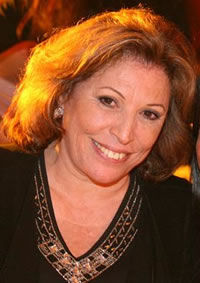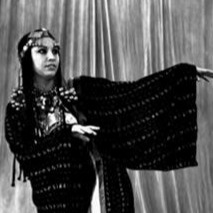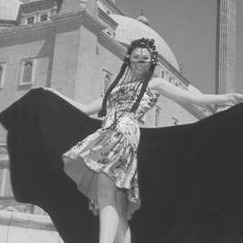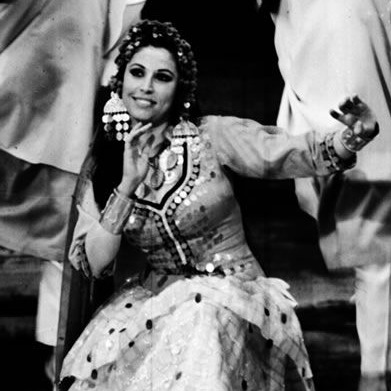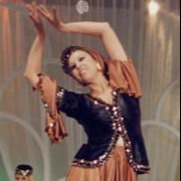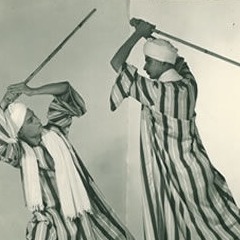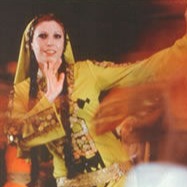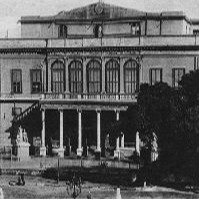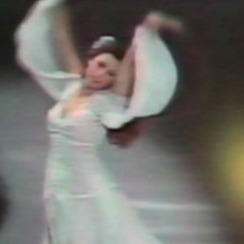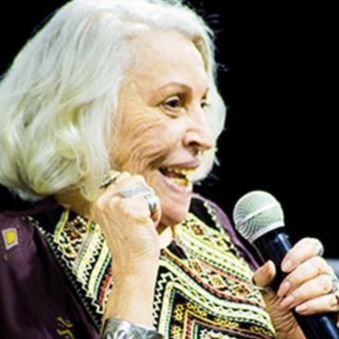Articles by Farida Fahmy
"The enthusiasm for the dance that I have witnessed all over the world has encouraged me to share this passion through writing about my past experiences and knowledge about dance in Egypt, as well as presenting ideas and impressions that, hopefully, will inspire others."
Farida Fahmy
Note: Some articles have also been translated into other languages.
Volunteers who would like to translate articles are welcomed!
Please email Keti Sharif at office@faridafahmy.com
